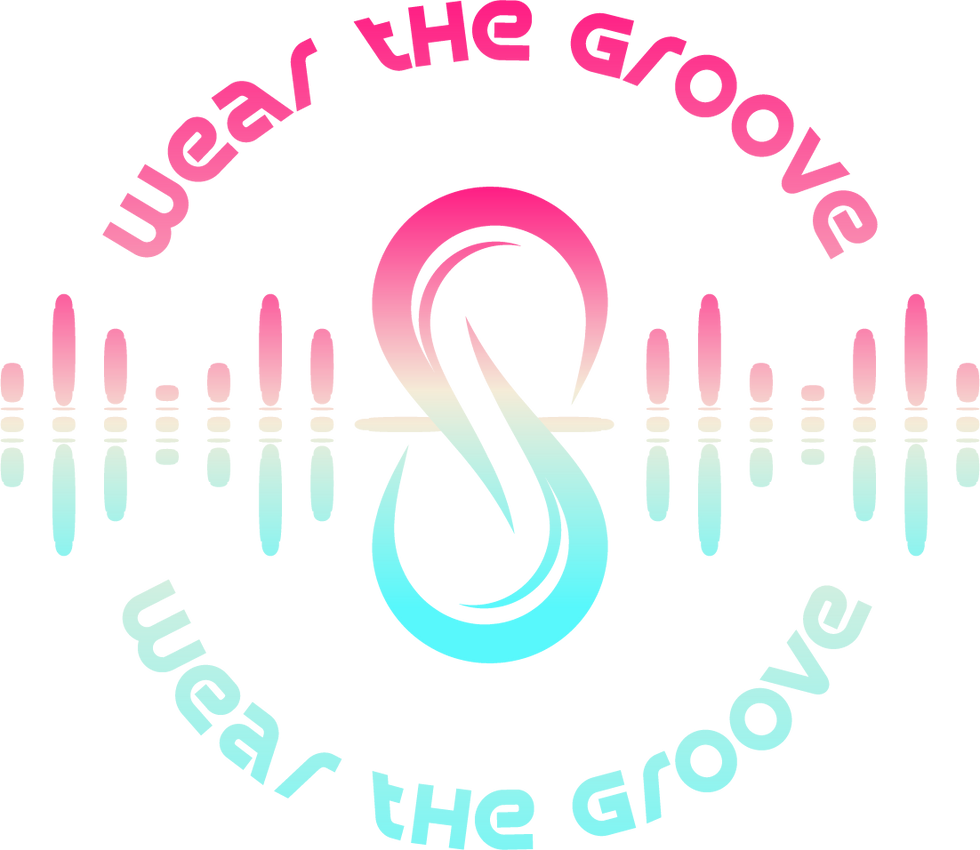House Music Chronicles: The Chicago Beginnings
- Wear the Groove
- Dec 21, 2023
- 3 min read
In the heart of the Midwest, Chicago in the 1980s was a city at a cultural crossroads, one that would unknowingly give birth to a music revolution. The emergence of House music in this vibrant city was not just an artistic innovation but also a response to the social and cultural environment of the time.
The Cultural Melting Pot
A mix of social upheaval and cultural diversity characterised the late 1970s and early 1980s in Chicago. The city, known for its rich musical heritage spanning jazz, blues, and soul, was experiencing an identity shift. Post-disco disillusionment had set in, and there was a craving for something new, something that resonated with the city's youth, particularly within the African American and Latino communities. It was in this milieu that House music found its roots.
The Warehouse: Where House was Born
No discussion of the origins of House music can begin without mentioning The Warehouse, the legendary club where Frankie Knuckles, the "Godfather of House Music," was the resident DJ. The Warehouse, which opened in 1977, was more than just a nightclub; it was a haven, a place where people from all walks of life came together to escape and express themselves through dance.
Knuckles, a New York transplant, brought with him an extensive collection of disco records. He began experimenting by blending these tracks with European synth-pop, and the result was electrifying. The music he played was a unique concoction of soulful vocals, electronic beats, and a persistent, driving rhythm that became the heartbeat of House music.
Ron Hardy and The Music Box
While Frankie Knuckles is often credited with the birth of House music, Ron Hardy's role in its evolution is equally significant. Taking over the decks at The Music Box in the mid-1980s, Hardy pushed the boundaries of what House music could be. His style was raw, intense, and faster-paced. Hardy wasn't afraid to experiment, often playing tracks at higher speeds and introducing acid-house elements, further diversifying the sound.
The Social Fabric of House
The early House scene in Chicago was not just about the music; it was deeply intertwined with the social fabric of the city. These clubs were sanctuaries for marginalised communities, particularly the LGBTQ+ community and people of colour. They were spaces of freedom and acceptance, where the struggles and disparities of the outside world gave way to unity and expression on the dance floor.
Impact of Social and Economic Factors
The economic and social landscape of Chicago in the 1980s also played a crucial role. The city was grappling with economic downturns and societal shifts. House music, in many ways, provided an escape, a unifying force in a city fragmented by economic and racial divides. It was a sound that resonated with the struggles, hopes, and resilience of its people.
Legacy of the Chicago Scene
The legacy of Chicago's early House music scene is monumental. The Warehouse and The Music Box were not just clubs; they were the incubators of a sound that would spread across the globe. The music created and played in these venues reflected the city’s diversity, its challenges, and its spirit. The DJs, Frankie Knuckles and Ron Hardy, were not just music producers; they were cultural icons who captured the pulse of a city and turned it into a rhythm that the world danced to.
From these roots, House music grew and evolved, but the essence of what was created in the clubs of Chicago in the early 1980s remains at its core. It was here, in the cultural melting pot of Chicago, against a backdrop of social change and in the hands of pioneering artists, that House music was born – a genre that would become a global language of unity and celebration.
Coming up next: The Sound of House Music (29/12/2023)



Comments